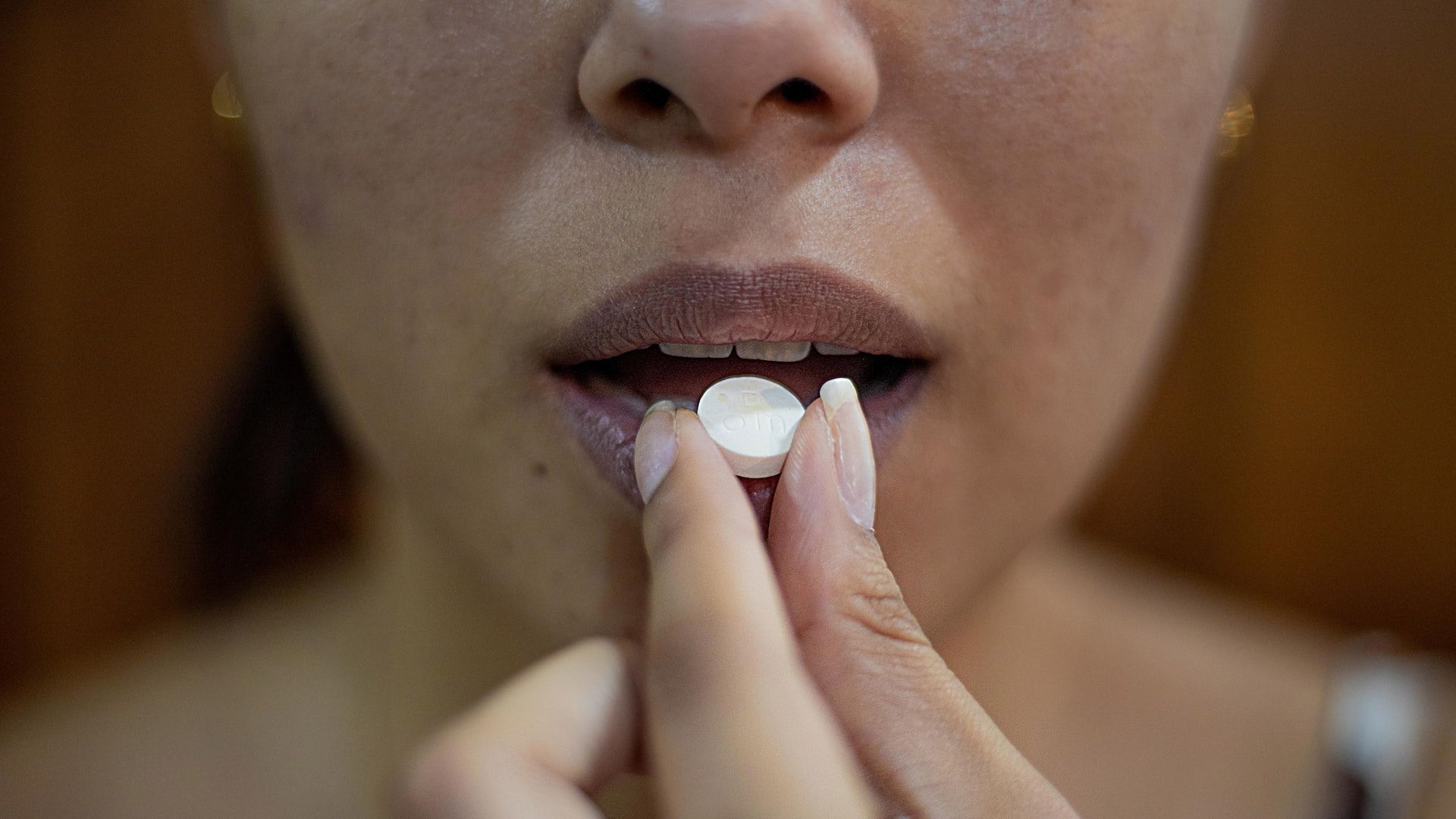
Amphetamine Addiction
Amphetamines are a stimulant and increase the users brain activity, energy, focus and often elicit a high. They we first synthesised in Germany in the 1800s. Common street drug uses for amphetamines are in MDMA and ecstasy.
Amphetamine Addiction: A Comprehensive Understanding
Amphetamines, a potent category of stimulants, are well-known for their ability to dramatically increase brain activity, energy, focus, and even induce a state of euphoria or 'high'. This class of drugs was first synthesised in Germany during the 1800s and has since been widely used, both legally and illegally. In the illicit drug trade, amphetamines are often found in substances like MDMA and ecstasy, which are prevalent in party and club scenes. But what begins as a recreational use of these substances can quickly turn into a dangerous addiction, with severe health and societal consequences.
Origins and Basic Understanding of Amphetamines
Amphetamines were first synthesised in the late 19th century, with the initial intent of creating a drug that could serve as a nasal and bronchial decongestant. Over the years, their use expanded into various therapeutic applications, including treating narcolepsy and attention deficit hyperactivity disorder (ADHD). However, the potent effects of these drugs also led to their misuse and abuse.
Amphetamines work by stimulating the central nervous system, leading to increased brain activity. This results in heightened alertness, energy, and focus. However, these desirable effects also come with a range of negative side effects, including anxiety, restlessness, and potentially severe health complications.
Amphetamines and Illicit Drugs: MDMA and Ecstasy
When discussing amphetamines, it's important to understand their association with two commonly misused substances: MDMA and ecstasy. Both these substances are synthetic drugs that alter mood and perception, and they contain amphetamine as a primary active ingredient.
MDMA, short for 3,4-methylenedioxymethamphetamine, is a psychoactive drug primarily used for recreational purposes. It significantly enhances sensory perceptions and feelings of empathy, warmth, and pleasure — effects that make it popular in party and club scenes. However, regular use can lead to dependency and addiction, with the potential for serious health risks.
Ecstasy, often used interchangeably with MDMA, typically refers to the pill or capsule form of the drug. While ecstasy was originally synonymous with MDMA, the current marketplace often sees 'ecstasy' pills that contain a mix of substances, including variants of amphetamines and other synthetic drugs. This can lead to unpredictable effects and increased health risks.
The Downward Spiral: Amphetamine Addiction
Amphetamine addiction is a serious and escalating issue worldwide. The repeated use of amphetamines, whether through prescribed medication misuse or illicit drug use (such as MDMA or ecstasy), can lead to a state of dependency. This dependency arises from the brain's adaptation to the regular influx of these stimulants, leading to tolerance and withdrawal symptoms when the drug use ceases.
Symptoms of amphetamine addiction can include restlessness, insomnia, mood swings, and even hallucinations. Over time, this can escalate to more serious health issues such as heart disease, malnutrition, and mental health disorders. Moreover, the societal impacts of amphetamine addiction — including damaged relationships, job loss, and legal trouble — can be equally devastating.
The Importance of Treatment: Finding Rehab
The path to recovery from amphetamine addiction, whether it's from misuse of prescription medication or illicit substances like MDMA or ecstasy, requires professional help. Detoxification is the first step, but it's essential that this is carried out under medical supervision due to potential withdrawal symptoms.
Rehabilitation centres offer a range of treatments tailored to the individual's needs, including counselling, cognitive behavioural therapy, and medication-assisted treatment. They provide a safe and supportive environment for detoxification and recovery, helping individuals regain control of their lives.
Remember, it's never too late to seek help for amphetamine addiction. If you or a loved one is struggling with substance misuse, reach out to a professional healthcare provider or local rehab centre. Recovery is possible, and it starts with taking that first step.